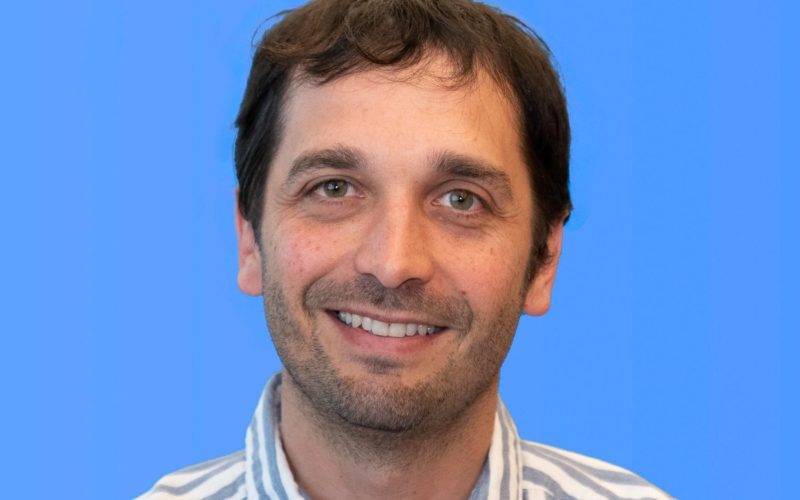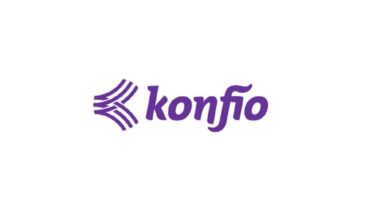For this week’s episode of Crossing Borders, we’re revisiting one of our greatest hits episodes featuring Agustin Feuerhake, Founder of Fintual.
For retail investors in Latin America, the options to invest are limited. This space is often dominated by traditional banks that charge very high fees and involve processes that are quite complex for non-experts.
As co-founder and CPO of Fintual, Agustin Feuerhake intends to change that reality by helping Latin Americans invest well. Fintual is a digital platform that makes investing in mutual funds more accessible through lower fees and simpler processes.
I sat down with Agustin to talk about his endeavors over the years as one of the most prolific entrepreneurs we’ve had on the podcast. He shares with us his reflections on reaching an exit with QueHambre as a young entrepreneur, as well as what it was like to have co-founded the first Chilean company to get into YCombinator.
Exiting QueHambre
When Agustin and his team were building the food delivery startup QueHambre –a novel concept for Latin America at the time– they were not comfortable with the idea of raising capital. According to Agustin, they had the wrong approach and thought of it as asking for money rather than selling part of their company. Once they ran out of money, instead of pursuing growth, they decided to sell the business.
Listen to this episode of Crossing Borders to find out why small exits are extremely important for budding ecosystems and what Agustin learned from this experience.
The best of both worlds
It was clear that Agustin and his team were on to something when they founded the software firm Platanus. There was high demand for their solutions which allowed them to filter through and pick the projects that they truly believed in. Sometimes, as in the case of Fintual and Buda, they would personally get involved with the projects. Agustin explains that this dynamic allows Platanus’ team to keep working together, while also working on individual businesses that each is passionate about.
Learn more about how Agustin works with his team and the success stories that have emerged in this episode of Crossing Borders.
Getting the YC badge
Agustin had been a fan of Paul Graham’s essays for a long time– before YC started to accept international companies into the program. So when his co-founder suggested they apply, it seemed like a long shot. But, much to his surprise, they got a callback and eventually became the first Chilean company to get into YC. Their investment prospects immediately changed after that.
Learn more about their experience applying for YC and why it was hard to raise capital in Chile before the program in this episode of Crossing Borders.
Agustin is changing the investment landscape in Latin America through Fintual. And by creating programs like Platanus’ Demo Day, he is giving back to the ecosystem by providing tech founders with the contacts and entrepreneurial know-how needed to transform their ideas into successful businesses.
Outline of this episode:
- [1:28] – About Fintual
- [5:03] – Early signs of a businessman
- [7:24] – First job as a young professional
- [8:42] – Getting into QueHambre
- [10:50] – Major takeaways from QueHambre
- [12:08] – QueHambre’s blog post series
- [17:27] – About Platanus
- [20:12] – Creating Buda
- [22:57] – Agustin’s business strategy
- [24:46] – Criteria for choosing a project
- [26:18] – The first Chilean company at YC
- [28:50] – Lessons learned at YC
- [30:25] – Struggling to raise money in Chile
- [32:47] – Changing his view on raising money
- [33:34] – Advice to Agustin’s younger self
- [34:44] – Books, blogs, and podcast recommendations
- [36:44] – Platanus’ Demo Day
- [38:34] – What’s next for Fintual?
Resources & people mentioned:



